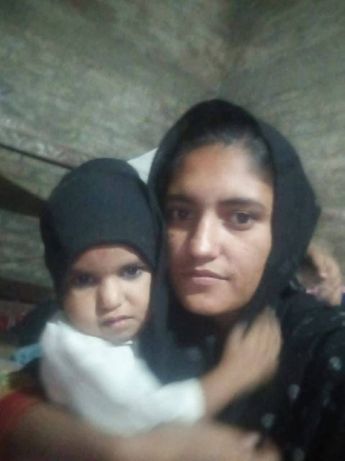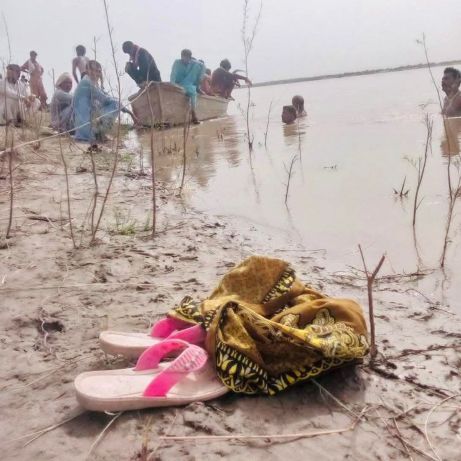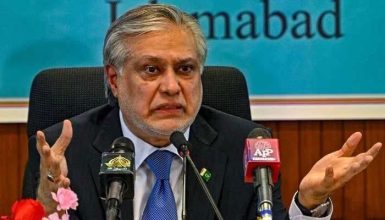In the Shadow of Oppression

By Nasir Aijaz
The AsiaN Representative
KARACHI, SINDH: In recent days, the tragic story from the village of Bijarani Laghari near Moro town in Sindh has struck a nerve across the region. It is a heartbreaking reminder of the deep suffering and helplessness that are engulfing the people of Sindh. A young woman named Fazila Laghari, only twenty years old, took her own life along with her ailing 2-year-old daughter by drowning herself in the Indus River. Her story is not just a solitary incident but a reflection of a growing crisis rooted in poverty and social injustice.
Fazila’s life was filled with dreams that many mothers cherish — a loving home, hope for her daughter’s future, and aspirations to see her grow into a responsible member of society. Yet, poverty and helplessness overwhelmed her.
Unable to afford her daughter’s medical treatment, she saw no way out of her desperation and chose to end her life in the most tragic manner. Her death signifies the shattered dreams of a young mother and the silent suffering of countless others across Sindh. Every tear shed for her echoes the pain of families torn apart by despair, and every question that arises—why did this happen? — points to an underlying systemic failure.
Beyond her personal tragedy lies the broader story of social upheaval. The ongoing fight for the protection of the Indus River and the resistance against corporate farming encroachment have turned into larger struggles for survival. Towns like Moro have witnessed brave youth protesting against land grabs by military-backed corporate companies. These protests, peaceful and determined, were met with brutal force—police firing into crowds, martyring two young men, Irfan Laghari and Zaid Laghari, and injuring dozens, including some who lost limbs.
Despite the protests being peaceful, government authorities responded with false charges of terrorism against nearly a hundred activists, many detained on baseless accusations. These protests were about the very survival of their land and their future, yet they were met with violence and repression.
Fazila was helpless, as her husband had also been arrested a month and a half ago due to his involvement in a protest incident that occurred in Moro.
The question that arises again and again is: why these extreme measures? Why were the protesters accused of damaging the home of the Provincial Home Minister’s family during their protests? Why was police protection absent? The truth remains elusive, clouded by allegations of orchestrated plans by powerful local families.
No concrete evidence has come to light. The silence from the government and the lack of transparency only deepens the suspicion that these are not isolated incidents but part of a larger pattern of suppression to serve vested interests.
The oppressive atmosphere stretches beyond protests. Homes are being demolished, shops razed, and even solar systems destroyed—evoking a climate of fear and brutality unseen in the recent history of Sindh. The people, already crushed under the burden of poverty, are pushed further into despair. Their suffering is especially acute in vulnerable regions like Tharparkar, where poverty confronts them daily. The district has witnessed a tragic rise in suicides, with around 700 people—most of them Hindus—taking their own lives over the past five years. In 2024 alone, 146 Tharis ended their lives, including over seventy women. The numbers for this year are equally alarming.

This silent epidemic of suicides reveals how deep and pervasive the despair has become. Poverty, lack of basic health and education facilities, environmental destruction, and political repression have created a perfect storm of agony for the people of Sindh. Their collective cry for help, their demand for justice, has been drowned out in a deluge of repression and apathy.
The stories coming from different districts of Sindh are not just about individual tragedies but about a society in crisis. The oppression inflicted under the guise of law and order, the destruction of livelihoods, and the neglect of the marginalized have left an indelible mark of misery.
The purpose of this narrative is not just to highlight these injustices but to serve as a call— an urgent appeal to humanity and justice. Sindh is crying out for help, for accountability, and for a future where hope can be restored. If this silence continues, more young lives will be lost, and the wounds of Sindh will deepen, leaving a scar on its soul that may never heal.
May this be a wake-up call—before more lives are claimed by despair and oppression. Sindh needs justice, dignity, and, most of all, hope.




